KISS's Tommy Thayer: my top 6 tips for guitarists
The Spaceman talks tone, technique and rocket launchers
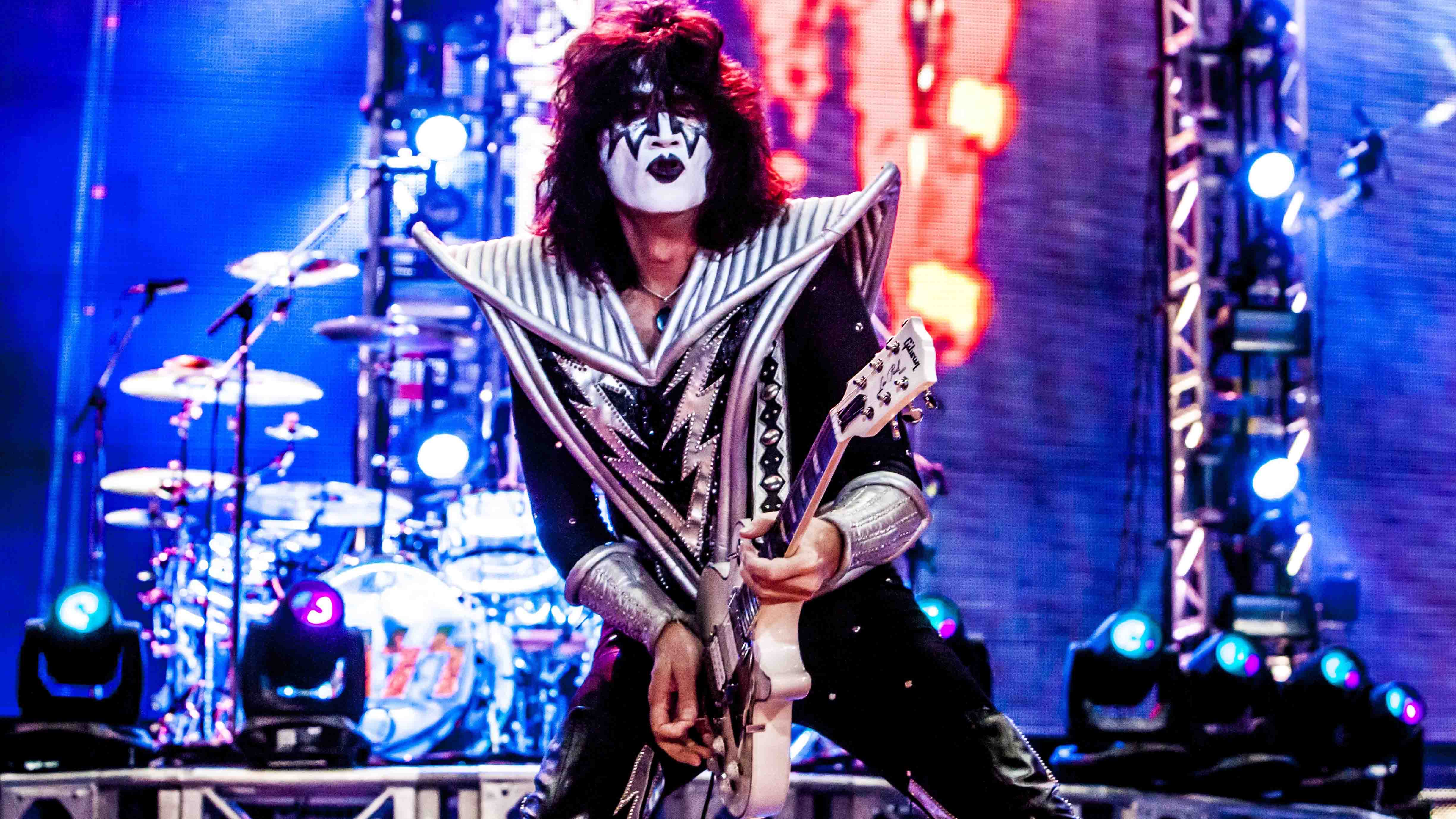
Introduction
“As a matter of fact, I’m driving to rehearsal right now,” begins KISS guitarist Tommy Thayer. “We start in about an hour so I’ll tell the guys I spoke to MusicRadar, who say we need to mix the setlist up haha!”
Tommy Thayer and his bandmates are preparing for their European run this May, laughing off any pressure over fitting over four decades of rock ’n’ roll mastery into just under two hours. The guitarist has learned a thing or two from founding members Gene Simmons and Paul Stanley since joining the veterans in 2002…
“There has to be a balance of classics,” he continues. “Everyone wants to hear Detroit Rock City, Rock And Roll All Nite, Shout It Loud, etc, but it’s nice to include songs that go a little deeper or are a little less well-known. You can’t go too far with that because then suddenly you’ll lose the energy that the concert’s been building up. If 90% of people don’t know the song, it kinda kills the excitement levels. We have to keep that in mind and come up with the right order of tracks.”
It would be fair to say playing guitar in KISS is pretty much any rock fan’s dream job (“sometimes I’m not even sure how I got here, but I’m here now,” notes Thayer) and one that involves a bit more than your average gig.
After two hours of make-up, which the guitarist insists each member of KISS applies themselves, their stage shows involve pyro, screens, members even flying over crowds - and for Thayer specifically - firing rockets out of guitars. So what would be his guide to launching missiles from an instrument without blowing yourself up?
“Well, you need to make sure you don’t accidentally point it at the crowd and shoot somebody,” he chuckles.
We didn’t get to soundcheck the rocket guitar the first time I used it, so my initial experience was on stage… It was trial by fire, quite literally
“That could cause some real problems - not only for safety, we don’t want to get into a lawsuit, either, haha! We didn’t get to soundcheck the rocket guitar the first time I used it, so my initial experience was on stage, live in front of a concert audience. It was trial by fire, quite literally.
“A lot of people don’t realise it’s not as easy as hitting a button,” adds Thayer.
“There are levels of safety that go on. Our pyro man will load the guitar, which sits on the side of the stage waiting for whatever song has the rocket guitar solo. Then he will connect the wire which plugs it all in.
“There’s also a killswitch - this secondary button I have to hold down with my thumb before it activates any of the three rocket switches. It’s a little complex when you’re trying to play riffs and look cool. There’s a lot going on… more than people think, anyway!”
Here the axeman gives his six tips towards guitar godliness…
KISS tour the UK in May:
Sat 27 May 2017 SSE Hydro, Glasgow UK
Sun 28 May 2017 Barclaycard Arena, Birmingham UK
Tues 30 May 2017 Manchester Arena, Manchester UK
Wed 31 May 2017 O2 Arena, London UK
Don't Miss
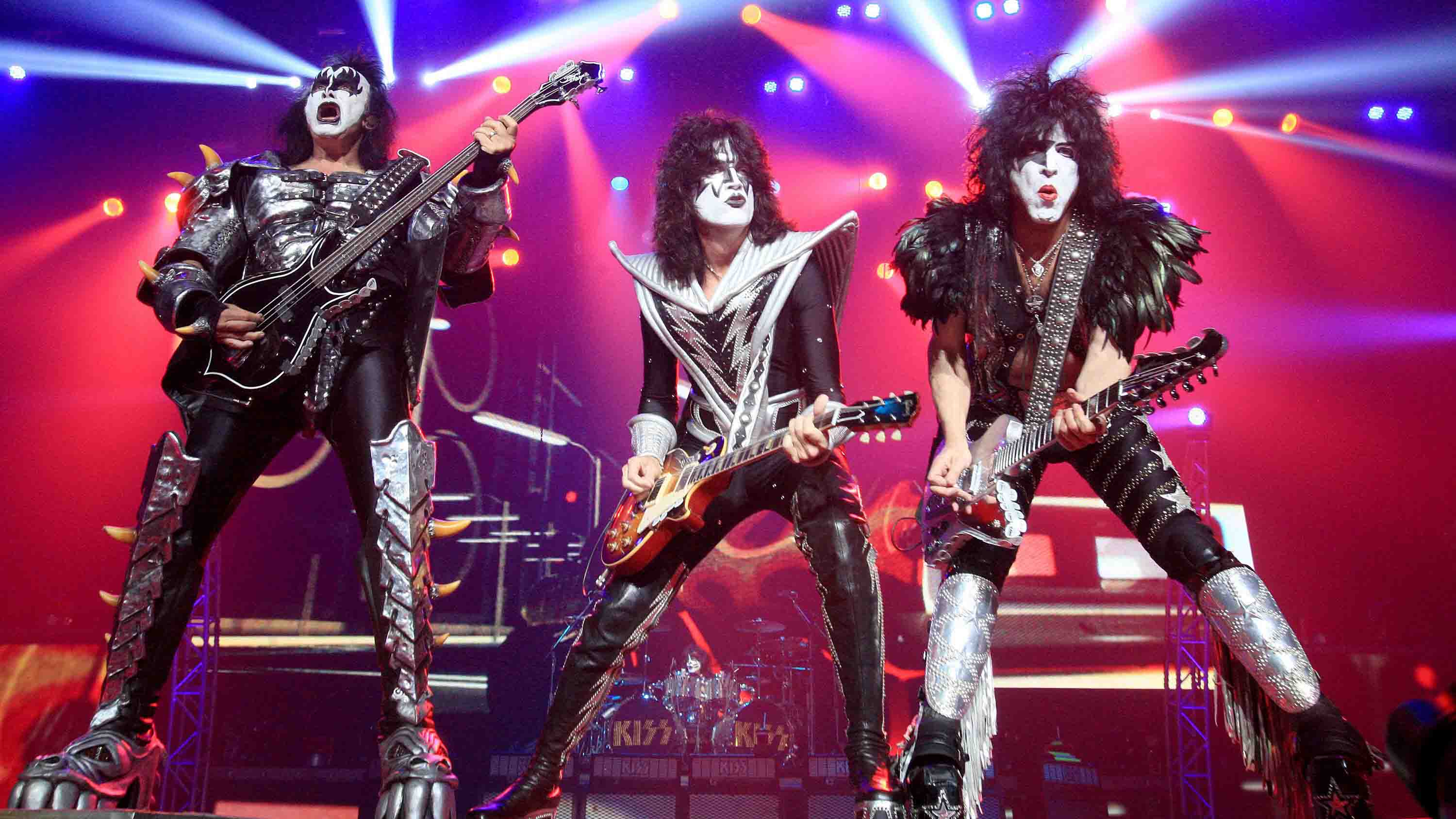
1. Who do you want to sound like?
“You want to know how to be a good guitar player? Let me tell you the secrets! First, you need to find the guitar players that you want to emulate. That’s what drove me to play guitar in the first place - certain bands or musicians back in the '70s when I was around 13. For me, those guys were Ace Frehley, Ritchie Blackmore, Tony Iommi, Mick Ralphs and Jimmy Page.
“Back then, there weren’t no digital files or even cassettes. I had to put the needle on the LP over and over again to figure out solos or whatever the hell the guy was doing. It wasn’t easy, but after a while I started finding patterns and licks. It actually became a lot of fun!
“I’ve never been into the shredder aspect of guitar. I know a lot of people are out there trying to play as fast as possible, which is cool if that’s what you’re into. But I’ve always preferred the more blues-based players with an emphasis on melody. Listen to anything Mick Ralphs did in Mott The Hoople or Bad Company - an incredible player, but his approach was very simple. He was more about the emotion and playing with feel, as well as a lot of balls.”
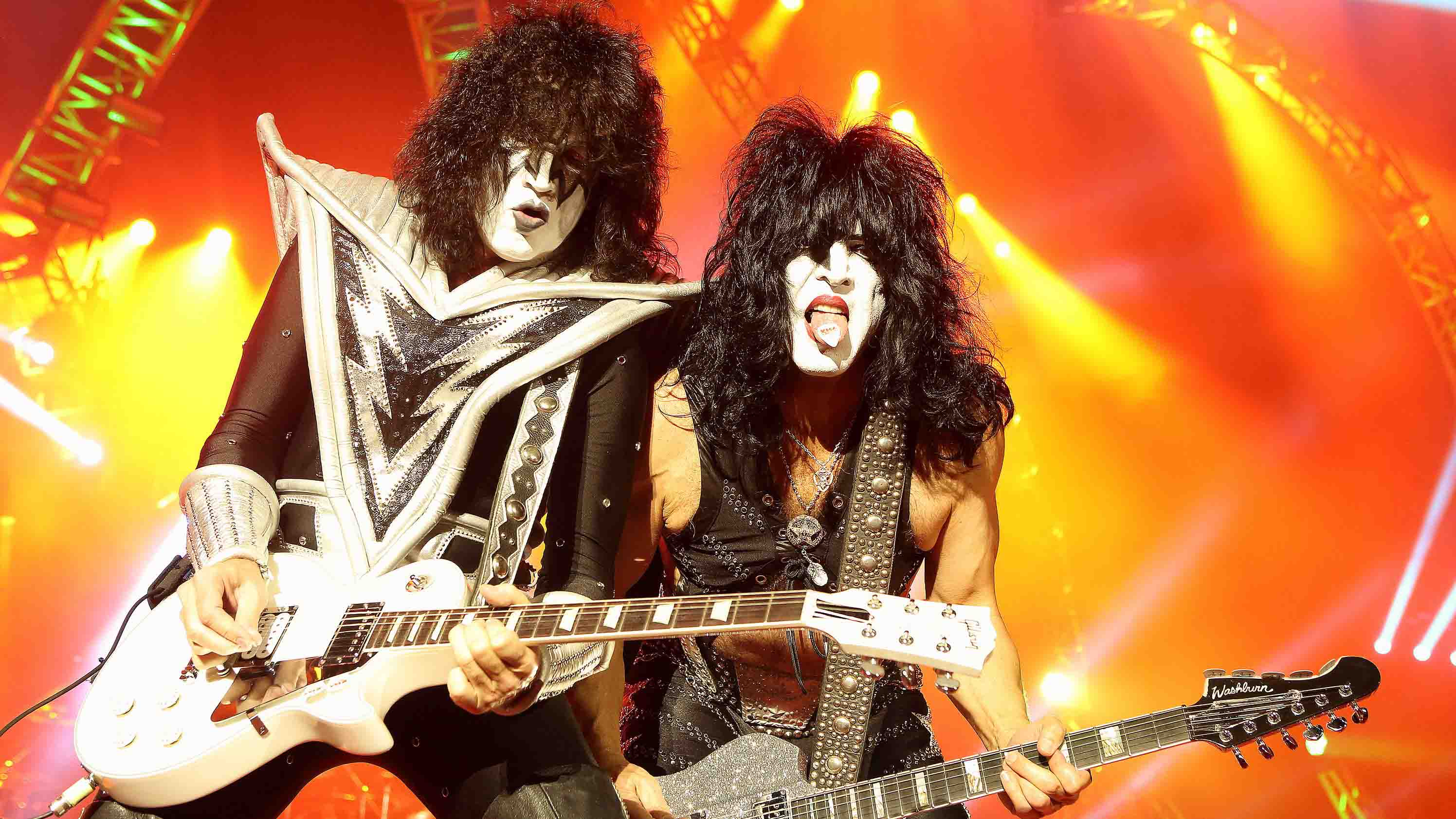
2. Embrace the pain…
“Anything you do, you will need to work at from a technical standpoint. You can’t just go in all natural, completely relaxed and letting it flow starting out. To begin with, your fingertips will get sore from changing chords and strings - that’s one of the very first obstacles you have to deal with.
“Those that become guitarists are the ones that kept pushing on, basically! We all need to build those calluses and get moving faster from chord to chord. It gets easier and easier, but only if you stick with it.”
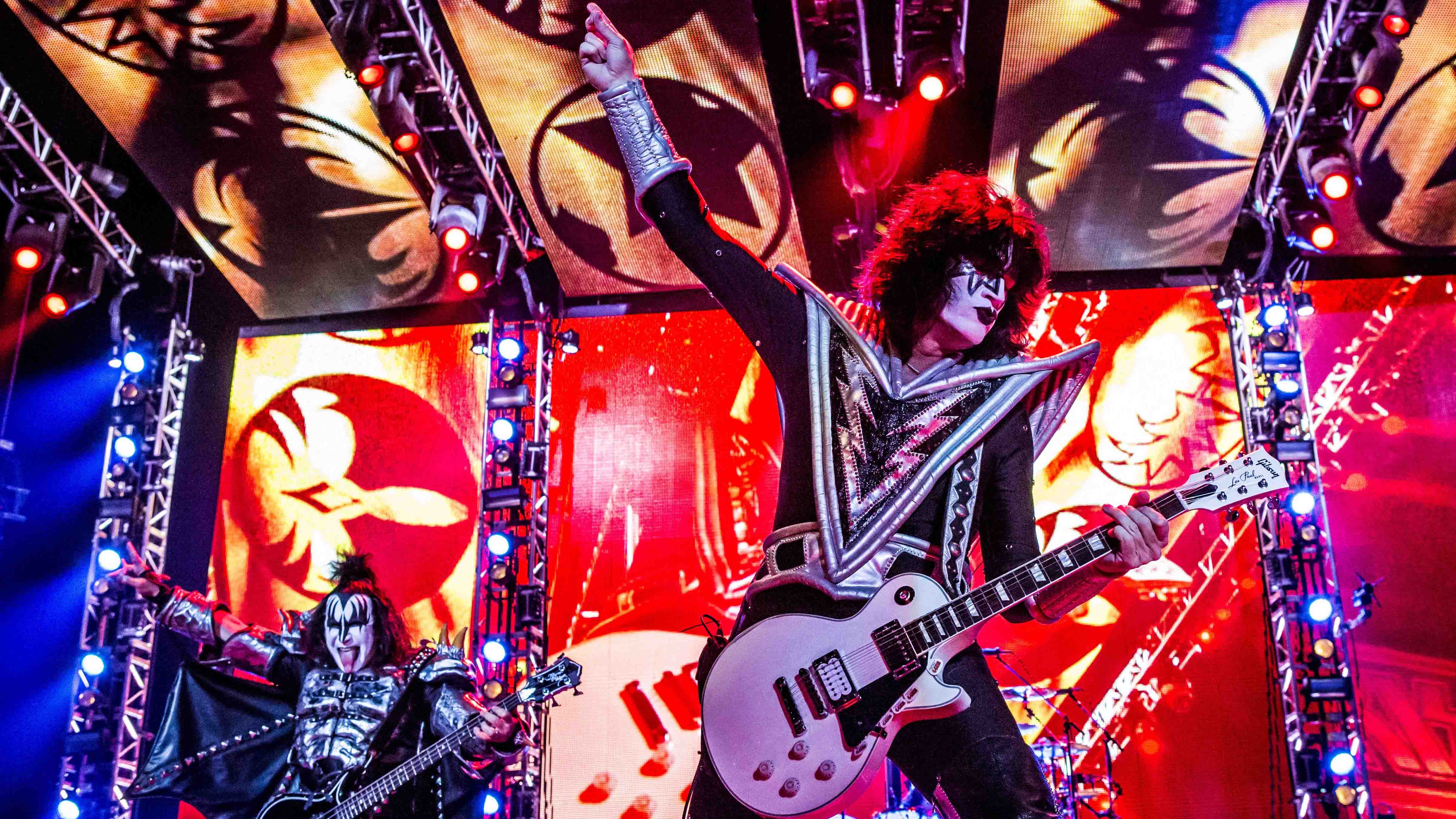
3. …Then it’s time to relax
“Once you start getting more advanced, that’s when you need to start relaxing your arms in order to perform at the top level. It’s the same with anything, like sports for example, you have to be present and not be thinking about what you’re doing.
“Which is hard to do when you’ve spent so much time not relaxing to learn everything and master techniques. But if you can do it all relaxed, you’ll play twice as well. Relaxing is how you get emotion and feel in your music.
“You want things in your body to transcend into your guitar and into your music. It’s the little things, like how a lot of those English rock/blues guys had that smoother vibrato - look at Jeff Beck or Davey Johnstone who played with Elton John. I prefer a wider sound that’s loose rather than that buzzsaw sort of vibrato.”
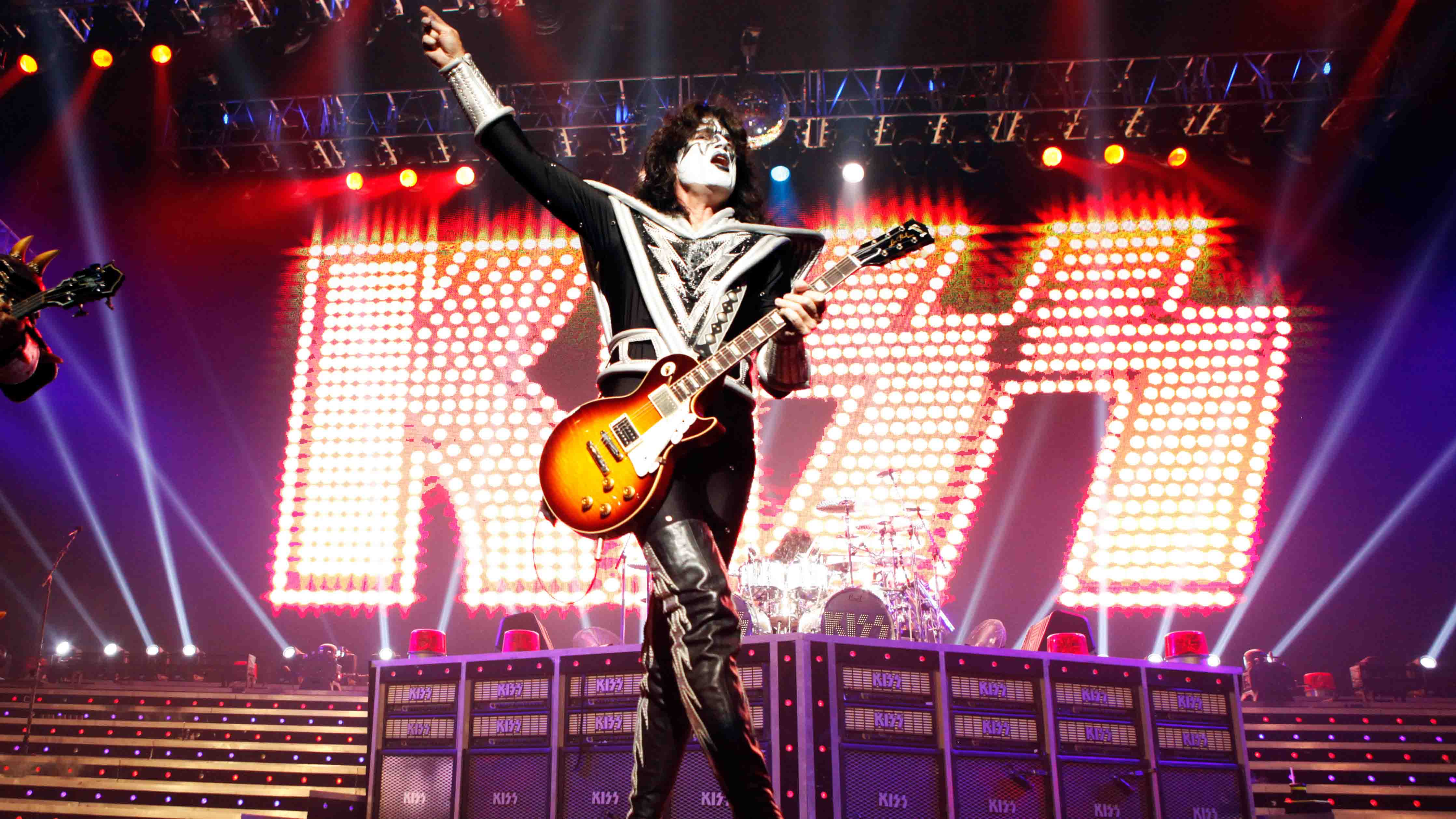
4. Try as many guitars as you can
“You need to find a guitar that feels right and works for you. These days, a lot of people buy their guitars online - I’m not sure how well that works. I believe you need to go to a music store, pick up guitars, put them in your hands and you’ll soon know what feels right.
“I think that’s really important - you need to see the action, shape of the neck, how it rings or maybe how it doesn’t ring! Experiencing all those things makes buying an instrument much more exciting. Go to the local store and try your friend’s guitars, asking yourself: ‘Does this feel good or not?’”
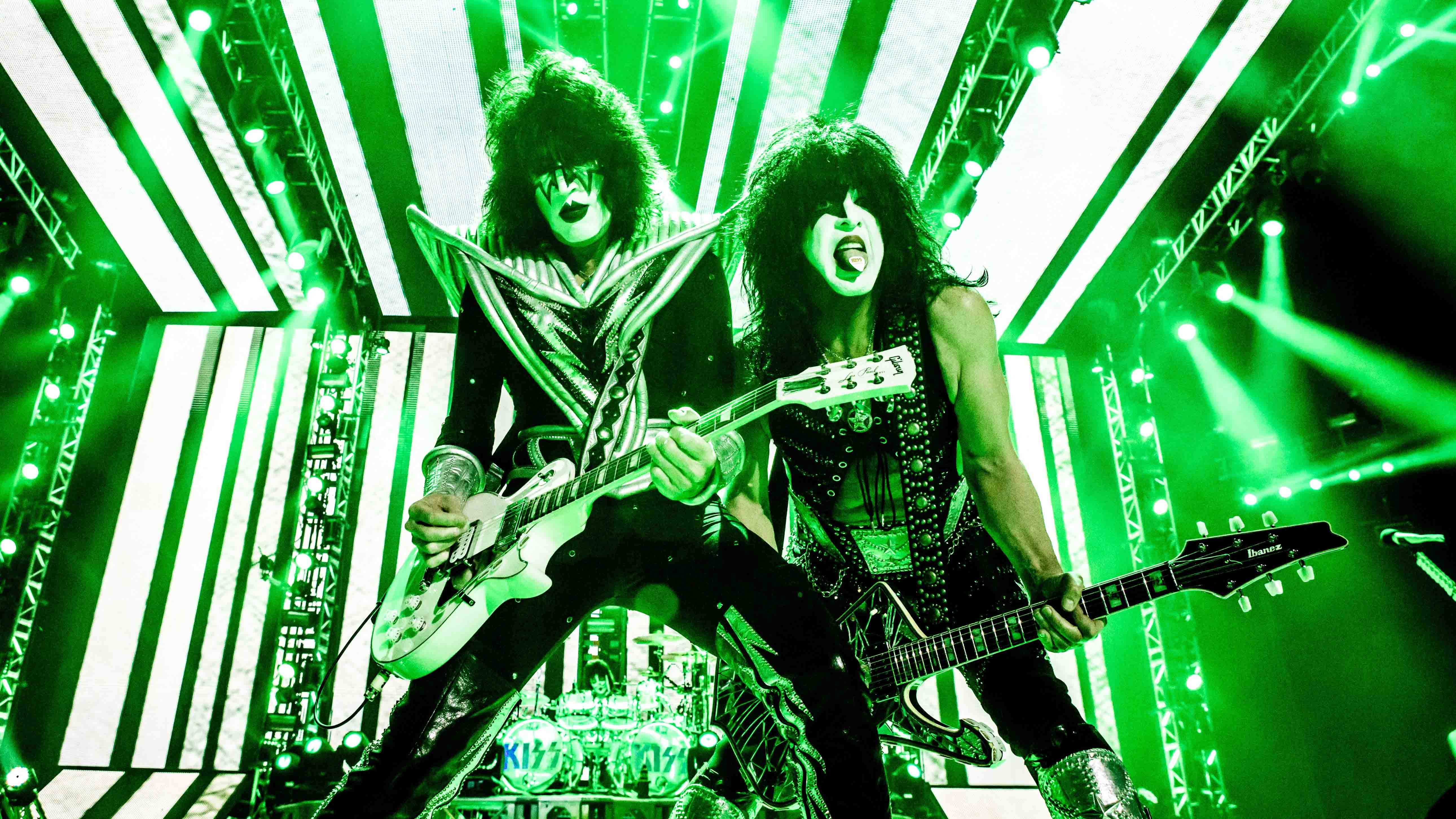
5. Tone comes from the fingers first and foremost
“I’m a big believer that good guitar sounds come from the hands. You can buy gear all day long to your heart’s content, but what makes you sound convincing is the articulation in your hands… that all comes from you.
“Around the time I moved to LA, I went to the Whisky A Go-Go and saw [Quiet Riot singer] Kevin DuBrow’s solo band. He had this guitar player, this guy was playing a Dean guitar through a Marshall amp - it sounded good, not great but okay. Then Kevin announced Randy Rhoads would be getting up - and he grabbed that same guitar plugged into the same amp and it was astounding how different he sounded. To be honest, it was twice as good. It was his approach and articulation that made the rig sound like a million bucks’ worth.
“I believe the guitar has to sound good without the effects or anything else. Start with the basic guitar/amp combination - don’t get wrapped up in anything else until you’ve got that under your belt.
“When the Rockman amp came out in the '80s, it sounded really compressed and warm in the studio but didn’t have the velocity you need on stage. People started using these things in their giant racks and it was a bit like 'Honey, Someone’s Shrunk The Guitar Sound'!”
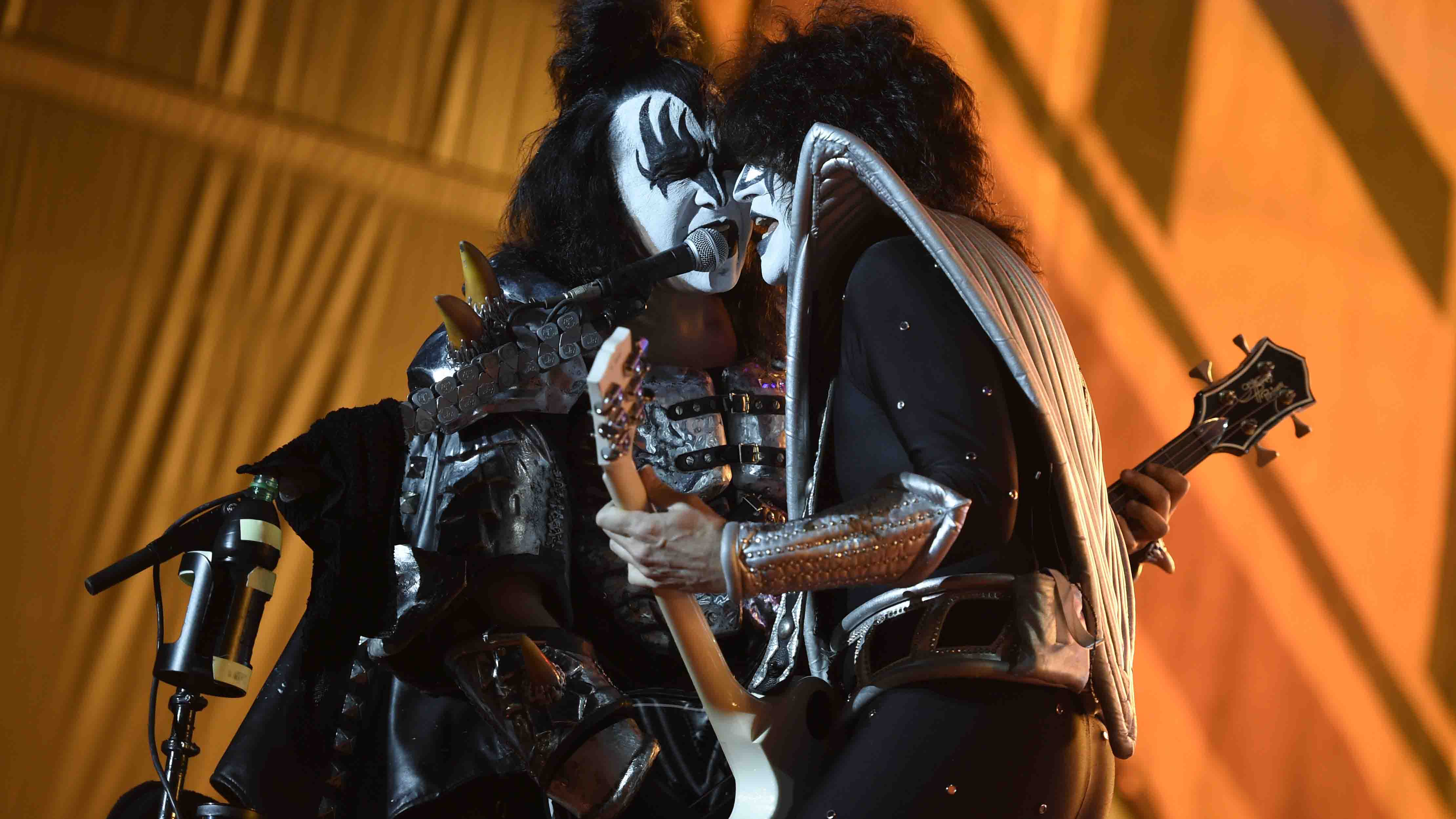
6. Understand major scales as much as minor
“Most guitar players in rock will stick to that minor pentatonic scale. It’s a lot more challenging to play in major and as a result, a lot of guitarists can’t do it that well. It might be associated with more poppy stuff or even Southern blues, but I think it sounds really cool.
“The major pentatonic is a totally different approach, with its own licks and patterns. I always thought Peter Frampton was brilliant at playing in different scales and tonalities, even throwing in jazzy flairs here and there. He’s one of my favourite guitarists of all time for that very reason!”
Don't Miss

Amit has been writing for titles like Total Guitar, MusicRadar and Guitar World for over a decade and counts Richie Kotzen, Guthrie Govan and Jeff Beck among his primary influences. He's interviewed everyone from Ozzy Osbourne and Lemmy to Slash and Jimmy Page, and once even traded solos with a member of Slayer on a track released internationally. As a session guitarist, he's played alongside members of Judas Priest and Uriah Heep in London ensemble Metalworks, as well as handling lead guitars for legends like Glen Matlock (Sex Pistols, The Faces) and Stu Hamm (Steve Vai, Joe Satriani, G3).









